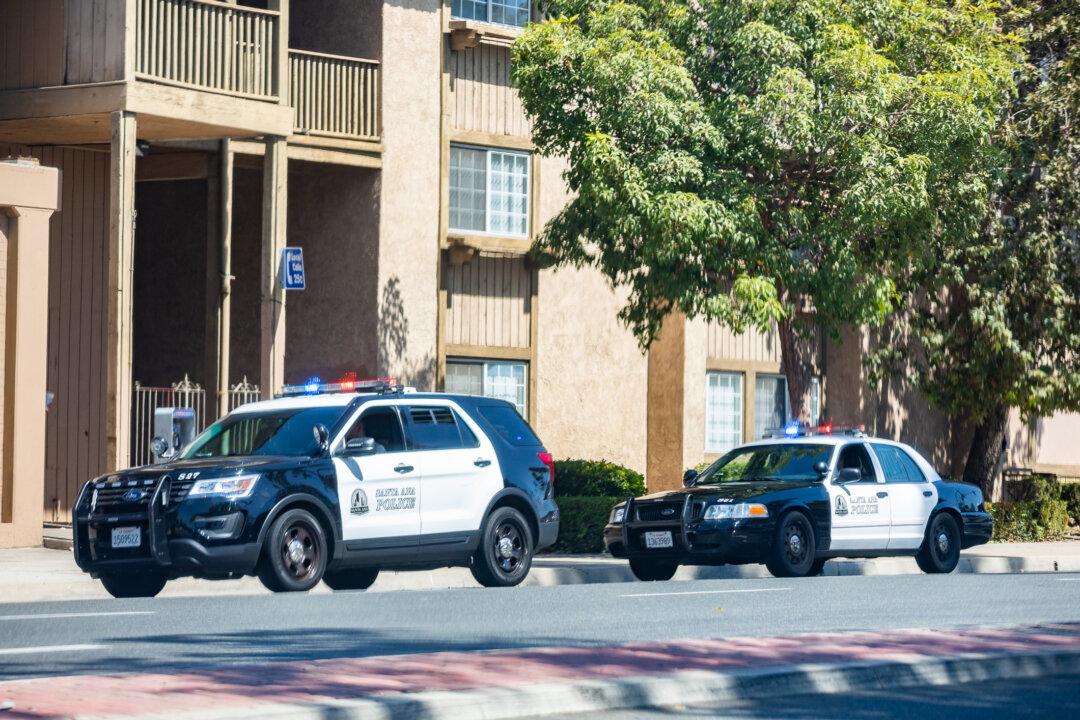NEWPORT BEACH, Calif.—Newport Beach failed to move forward with its plan to create a citywide inclusionary housing ordinance because the number of units required by the state is too “mind-boggling” to be practical for the city.
Inclusionary housing is a type of housing program that requires developers to make a certain portion of units within newly built residential complexes affordable for residents with very low, low, and moderate incomes.





